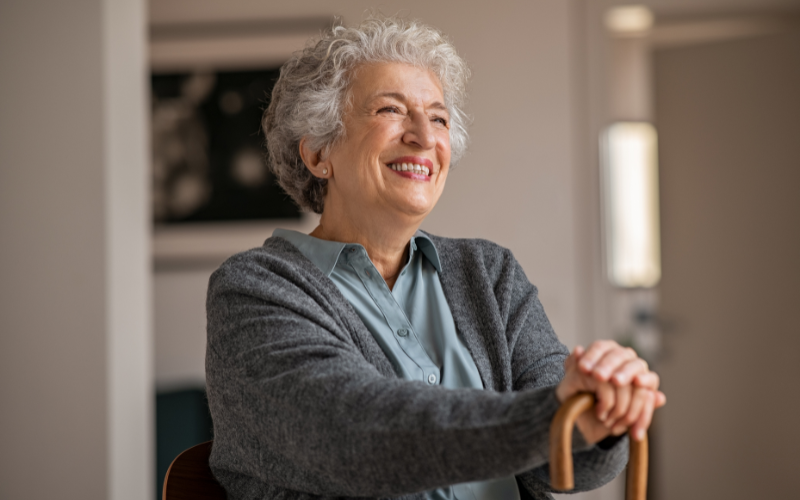Ageing has long been portrayed as a journey of loss, from the loss of independence and vitality to the loss of purpose. But today, a different and more empowering narrative is emerging. It is one where ageing is not about becoming less, but about evolving into a life stage rich with connection, wisdom, dignity, and deeper meaning. It introduces a shift from pure independence to something far more human and fulfilling: interdependence.
Interdependence does not take away from personal independence. Instead, it enhances it. It acknowledges that although we value self-reliance, human beings are at their best when surrounded by supportive relationships, meaningful bonds, and nurturing environments. This is where the new story of ageing begins.
Redefining What It Means to Age Well
Traditional views of ageing often championed independence as the ultimate measure of success. While autonomy matters, it is no longer the only measure of a fulfilling later life. True wellbeing in older age comes from being part of a caring network, where individuals are connected, supported, valued, and able to both give and receive care. This exchange of support is at the heart of “interdependence.”
Living well as we age means being emotionally engaged, maintaining purpose, and staying socially and mentally active. It means building relationships that nurture, protect, and empower. It means realising that needing others completes us.
Independence Is Not Lost; It Evolves
Ageing does not have to mean giving up control. Instead, it can mean redefining it. Being independent does not necessarily mean doing everything alone. It means being able to make choices, express preferences, and live with dignity, while relying on others when needed.
Interdependence allows for both independence and support to coexist. It honours individuality while recognising that sometimes, to thrive, we need others. This idea is beautifully reflected in supportive environments such as a winning Burton on Trent care home, where individuals maintain choice, voice, and personal agency, while also benefiting from compassionate support and genuine human connection.
The Power of Connection and Community
As we age, relationships become more meaningful. Studies show that emotional connection, community, and belonging are deeply linked to wellbeing, cognitive health, and even longevity. Human connection is not just comforting; it is essential.
Creating environments where older adults feel seen and valued transforms ageing into a shared experience rather than a solitary one. Whether through conversation, shared activities, creative expression, or simply enjoying moments of companionship, relationships help protect the mind, lift the spirit, and strengthen the heart.
Interdependence Preserves Identity
One of the biggest fears people have as they grow older is losing their sense of identity. Interdependence helps protect that identity. It reinforces who we are by giving us space to be heard, respected, and appreciated. It invites older adults to keep sharing their stories, experience, and perspectives, and reminds us that every life stage adds richness to the human story.
Being connected to others does not erase individuality. It highlights it.
A More Human Future for Ageing
The story of ageing is changing from one of decline to one of dignity, belonging, and purpose. Interdependence is not a step back. Rather, it is a step forward into a more compassionate, emotionally rich, and socially connected way of living.
It teaches us that strength is not about doing everything alone. Strength is knowing when to stand alone, when to reach out, and when to stand together.
We are never truly done growing, evolving, and connecting, no matter our age.
Ageing is not about leaving independence behind. It is about discovering the beauty of interdependence.
Stay in touch to get more updates & news on Heralds Post!

